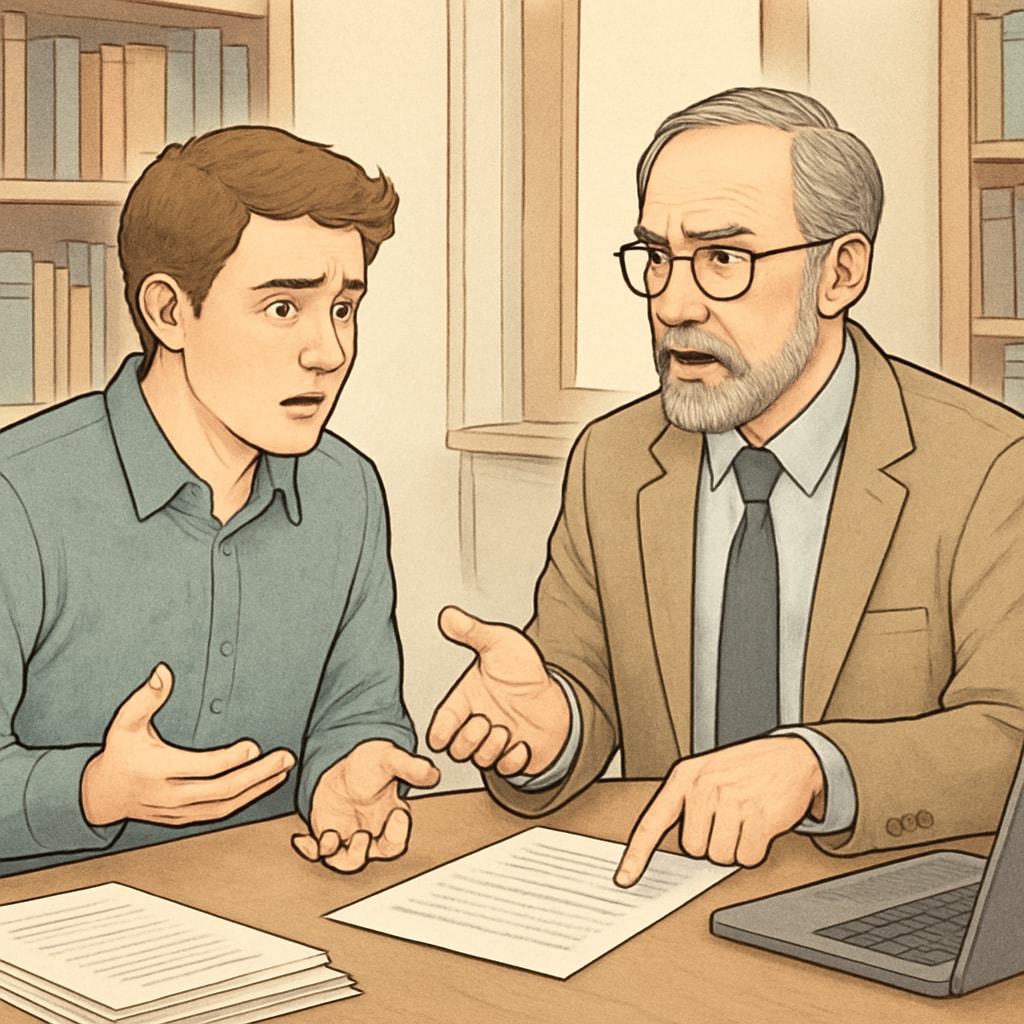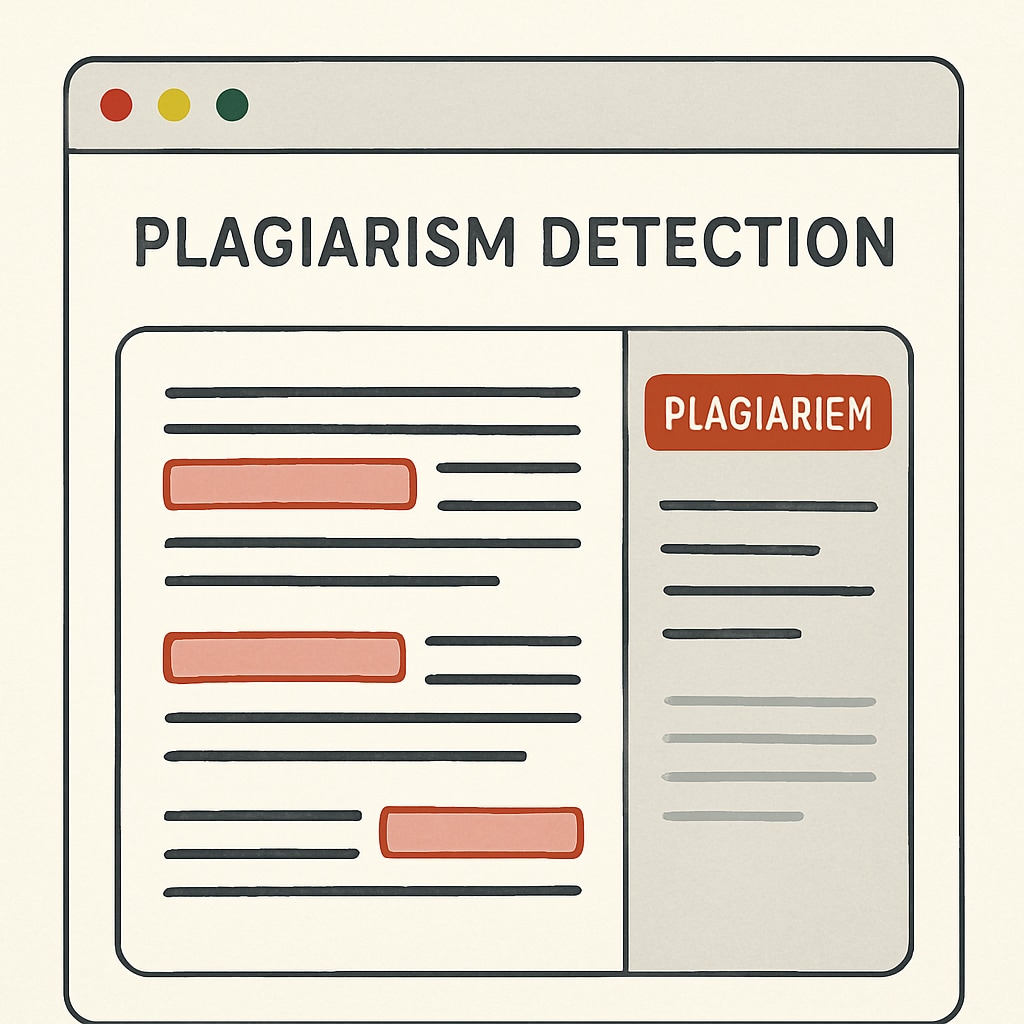Professors accusing students of plagiarism can significantly impact their academic journey, especially when the accusations are unjust. Wrongful allegations can damage a student’s reputation, confidence, and future opportunities. This article examines the consequences of such accusations, highlights the importance of fairness and transparency in evaluating academic integrity, and proposes solutions to prevent these issues.
The Impact of Unjust Plagiarism Accusations
Plagiarism accusations, while necessary to uphold academic standards, become problematic when they are unfounded. Students wrongly accused of plagiarism often face emotional distress, academic penalties, and long-term consequences on their professional lives. For example, being labeled as a plagiarist can hinder future applications to universities or research programs. Additionally, these accusations can erode trust between educators and students, creating a toxic learning environment.

Why Mistakes in Plagiarism Accusations Occur
Several factors contribute to professors making errors in plagiarism accusations. First, the subjective nature of evaluating academic work can lead to biases or misinterpretations. Automated plagiarism detection tools, while useful, are not always accurate, sometimes flagging properly cited work or common phrases as plagiarized. Additionally, professors may jump to conclusions without thoroughly investigating, especially when under time constraints or dealing with large volumes of student submissions.

Solutions for Ensuring Fairness in Academic Integrity
To address these issues, academic institutions must implement policies that prioritize fairness and transparency. Here are a few recommendations:
- Thorough Investigation: Professors should conduct a comprehensive review of suspected plagiarism cases, considering all evidence before making accusations.
- Clear Guidelines: Institutions should provide students with detailed guidelines on avoiding plagiarism and using proper citation methods.
- Appeal Mechanisms: Establishing an impartial appeals process allows students to defend themselves against wrongful accusations.
- Training for Educators: Regular workshops on academic integrity and bias reduction can help professors make more informed decisions.
By adopting these measures, educational institutions can build a system that balances the enforcement of academic integrity with the protection of students’ rights.
A Call for Change in Academic Practices
The responsibility of upholding academic integrity lies not only with students but also with educators and institutions. Wrongful accusations of plagiarism undermine the principles of fairness and justice that education should embody. It is essential for professors to approach such situations with caution, empathy, and a commitment to transparency. As a result, students can thrive in an environment that encourages growth and learning without fear of being unfairly targeted.
Readability guidance: Short paragraphs and bullet lists are used to enhance readability. Overuse of passive voice has been avoided, and transitions like “for example” and “as a result” are incorporated for better flow.


